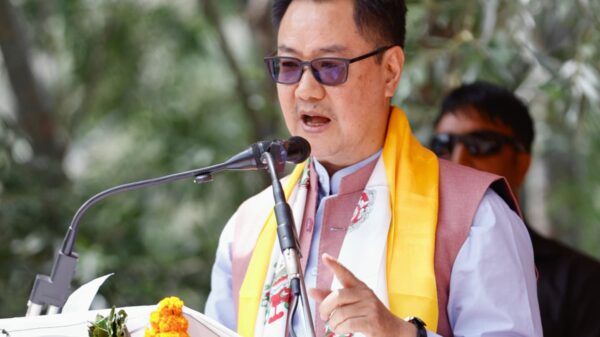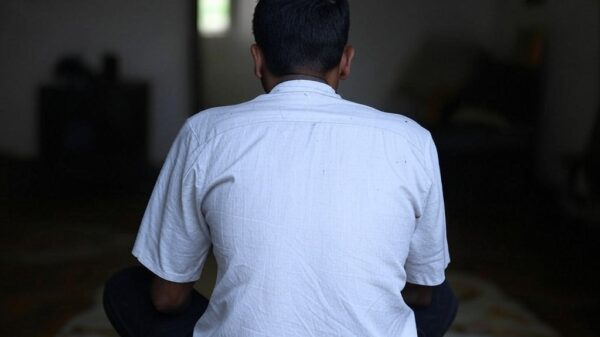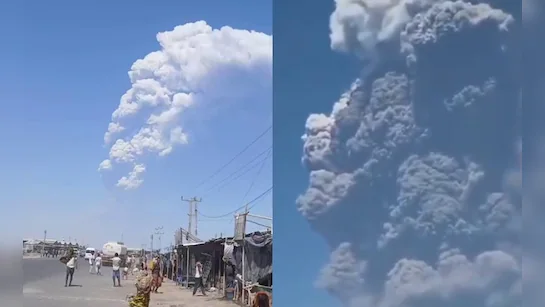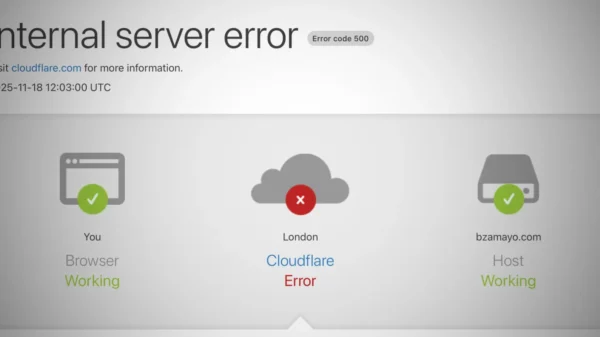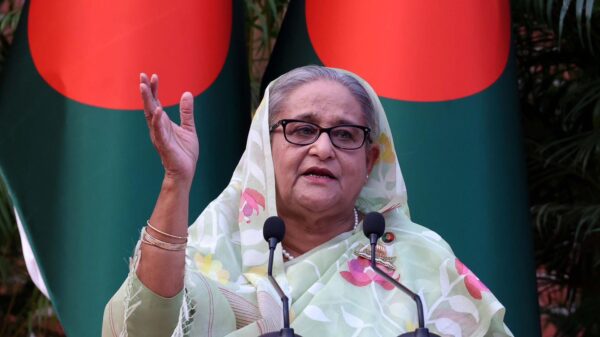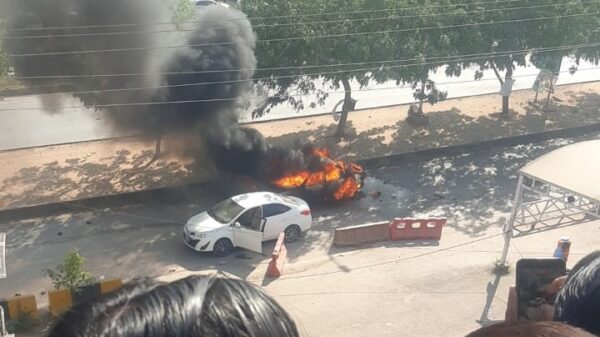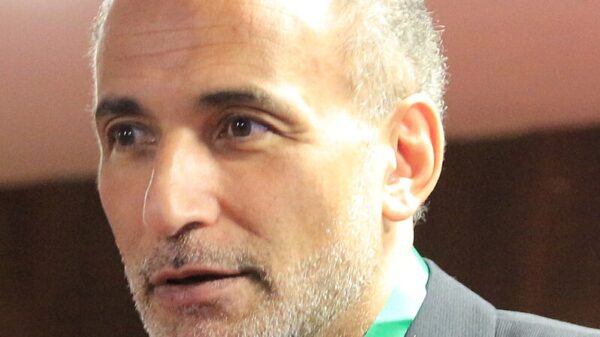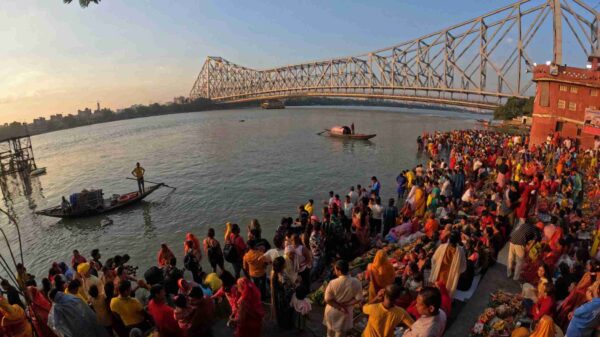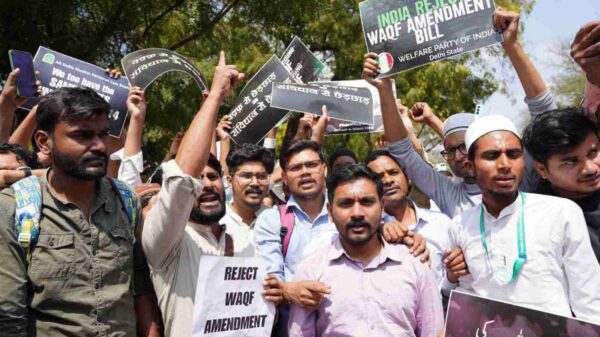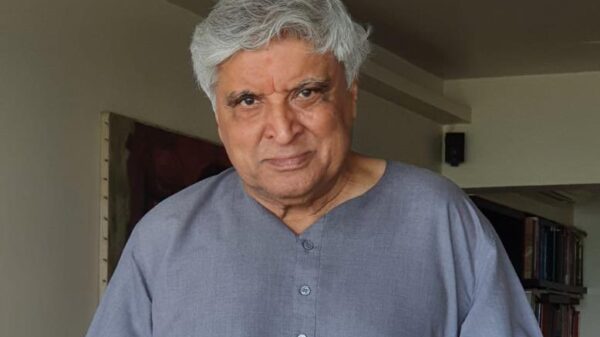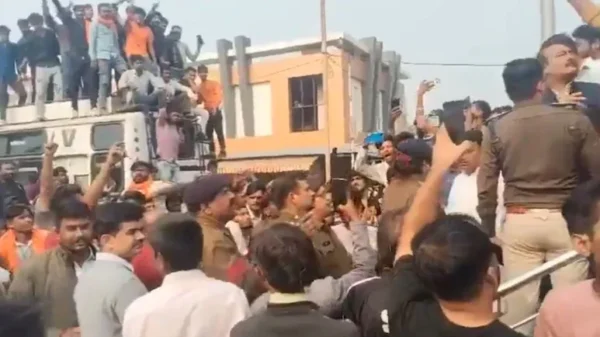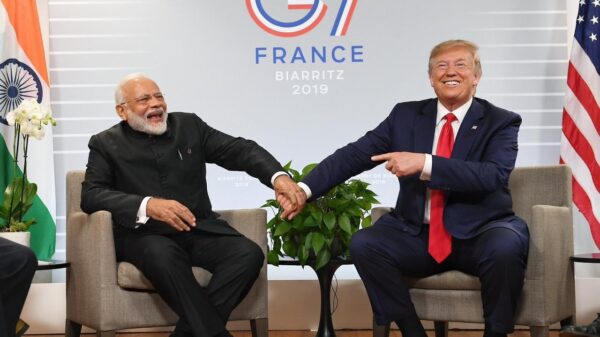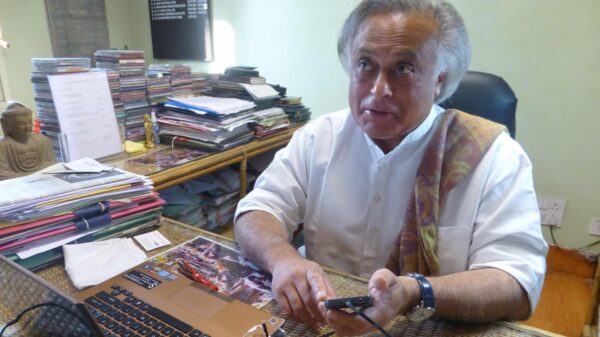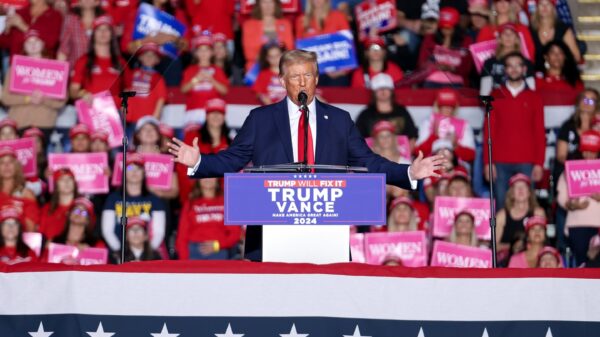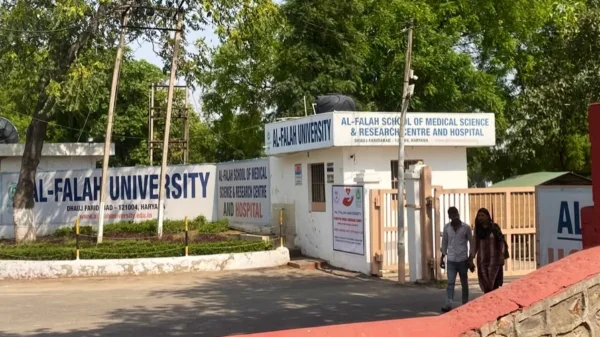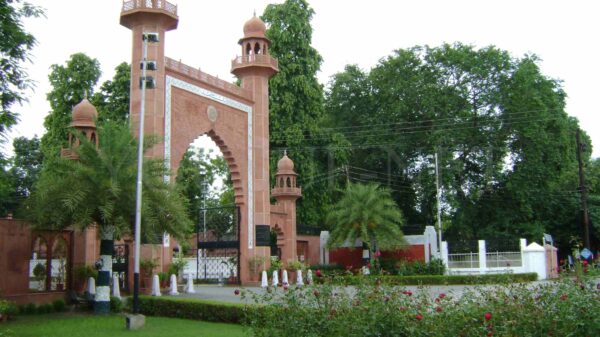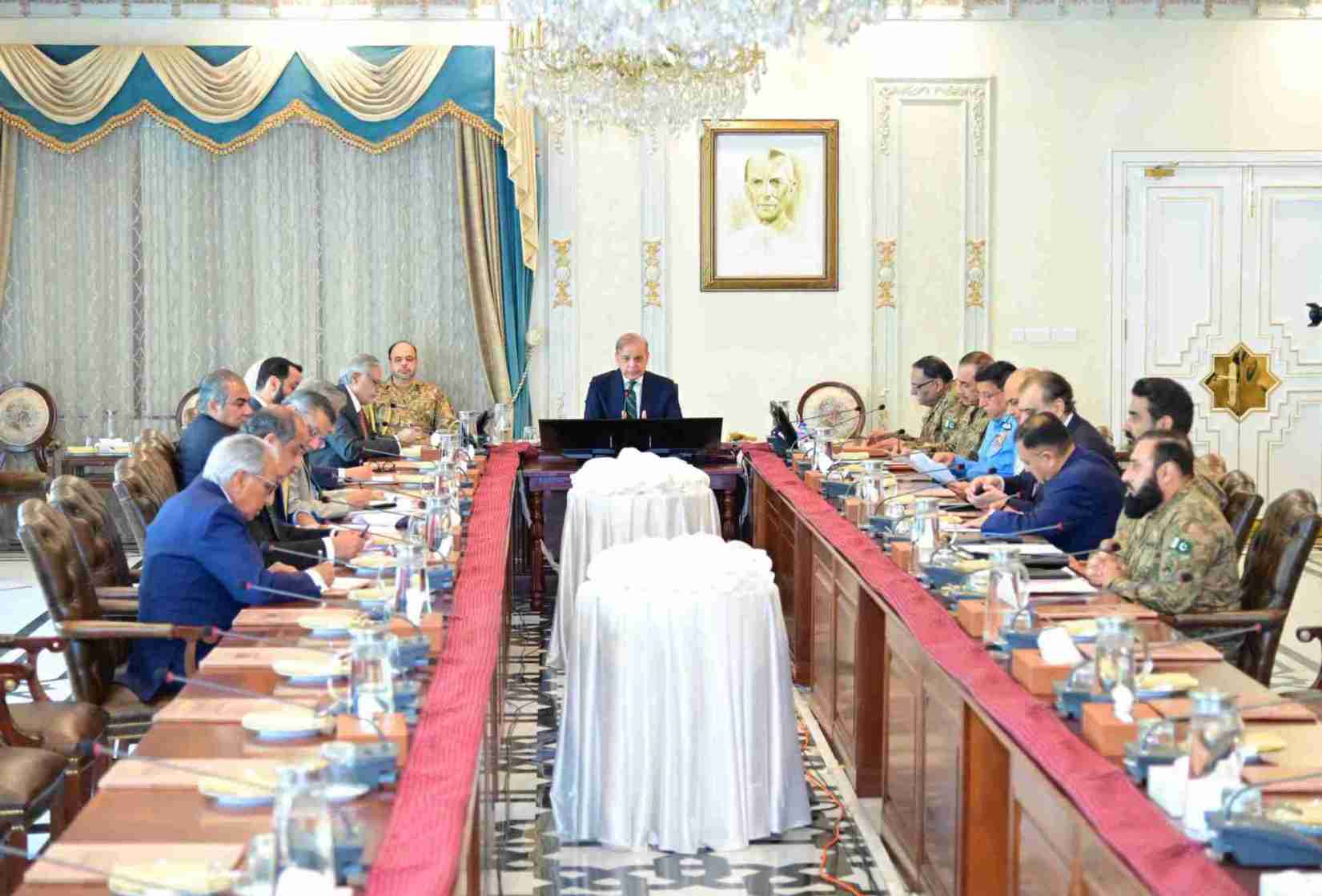Pakistan announced the immediate closure of the Wagah border and suspended the 1972 Simla Agreement following a National Security Committee (NSC) meeting chaired by Prime Minister Shehbaz Sharif. The NSC, which met to discuss India’s recent actions after Tuesday’s Pahalgam attack, described India’s measures announced on April 23 as “unilateral, unjust, politically motivated, extremely irresponsible and devoid of legal merit.”
In an official statement, the Prime Minister’s Office said the committee reviewed the loss of innocent lives in Pahalgam and condemned India’s downgrading of bilateral ties, including suspending the Indus Waters Treaty. The NSC said that Pakistan would hold all bilateral agreements “in abeyance” until “India stops supporting terrorism”, refrains from cross-border killings, and adheres to international law and UN resolutions on Kashmir.
The NSC ordered the Wagah border post to close immediately, with no cross-border transit allowed. Those who had valid permissions to cross were given until April 30 to return to Pakistan.
Pakistan rejected India’s suspension of the Indus Waters Treaty, calling it a binding agreement with no clause for unilateral suspension. The NSC warned that any attempt to divert Pakistan’s share of water would be “considered an act of war” and would be met with “full force.”
New Delhi, meanwhile, responded by suspending visas for Pakistani nationals. An MEA spokesperson said all Pakistani citizens in India must leave by April 29, though diplomatic staff in New Delhi will be unaffected after India reduced their numbers.
The escalations follow India’s closure of the Attari border, expulsion of Pakistani defence advisers, and suspension of the Indus Waters Treaty, which India linked to Islamabad’s alleged support for cross-border terrorism—a claim Pakistan denies.
Prime Minister Modi has vowed to pursue those responsible for the Pahalgam attack “to the ends of the Earth.” Pakistan’s NSC meeting included key figures such as Army Chief General Asim Munir, Deputy PM Ishaq Dar, and Defence Minister Khawaja Asif.
The tit-for-tat measures have drawn international concern, with observers warning that unilateral treaty suspensions and border closures risk a major diplomatic crisis. Analyst Michael Kugelman said, “This is the most serious risk of a crisis between India and Pakistan since 2019.” Both governments now face pressure to manage rising tensions that threaten regional stability.







